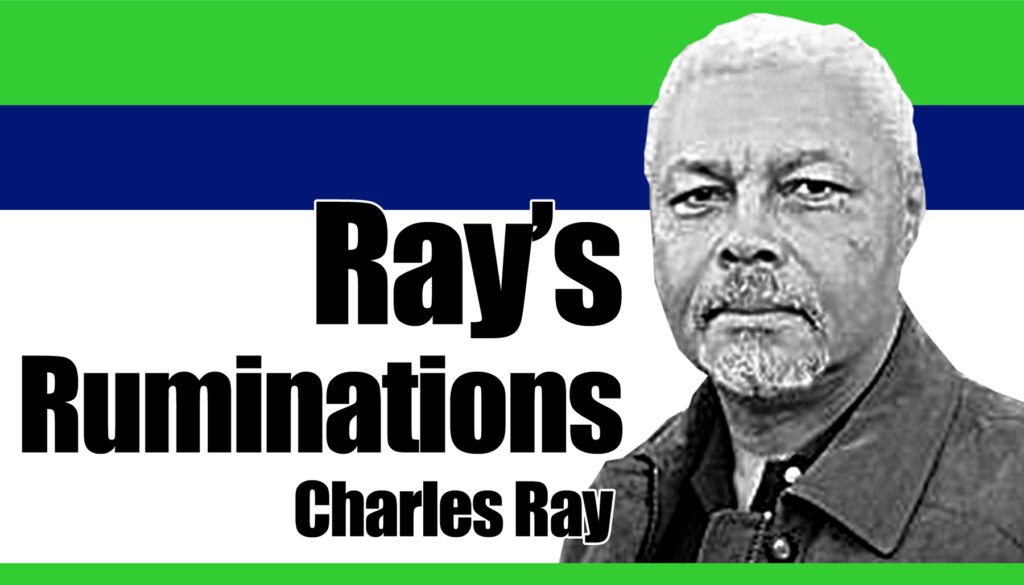
We are constantly bombarded with political messages, and not just the ‘vote for me’ kind of campaign messages that seem never to stop, but messages that, on the surface at least, don’t even appear to be political.
Recently, for example, media outlets were all abuzz about the passage of budget legislation by the U.S. House of Representatives after several late-night legislative sessions. A piece of legislation spanning over 1,000 pages, it’s probably too dense and complicated for the average person to make a lot of sense of it, and even the media coverage was, in some cases, obtuse and, frankly, boring.
So what if the overpaid politicians had to work overtime to get it done, and who really cares that it only passed the House by one vote? Listen up, friends. We should all care.
The devil is in the details, the fine print that we often either skim over or ignore entirely. This fine, or to use its authors’ term, ‘The Big Beautiful Bill,’ has some boobytraps secreted in those 1,000-plus pages that, if the Senate passes it – and, for sure, the president will sign it – will bite each and every one of us in the backside repeatedly over the next decade.
According to the non-partisan, non-profit Tax Foundation, an organization founded in 1937 to provide analysis of tax policy in the United States and internationally, this bill will have a significant long-term impact on the American economy and the lives of individual citizens, and not all those impacts will be positive.
On a somewhat positive note, the bill would increase the country’s long-run GDP by 0.8 percent, but countering that is the fact that its tax and spending changes will increase the budget deficit by $2.4 trillion from 2025 through 2034. Federal tax revenue alone will be reduced by $4.1 trillion during the same period. This is where reading the fine print is critical. Government revenue pays for government programs; many people and organizations rely on government programs; therefore, if revenue is reduced, programs will have to be reduced…, get the picture?
There was also a brief news item on one of the networks describing an assessment by the Congressional Budget Office (CBO) that said the long-term deficit will be balanced out by an increase in revenue in the end, but as an almost afterthought, mentioned that the national economy would be reduced. The newscaster didn’t elaborate on that last item, and that’s one killer of a chunk of fine print that needs to be considered.
What happens when a nation’s economy shrinks? A number of negative things, in fact. A shrinking economy leads to reduced employment as businesses seek to cut costs; and banks tighten lending criteria, making it harder for people to get loans; consumers reduce spending, further straining the economy.
That’s the fine print. Read it, my friends, and weep. | NWI




